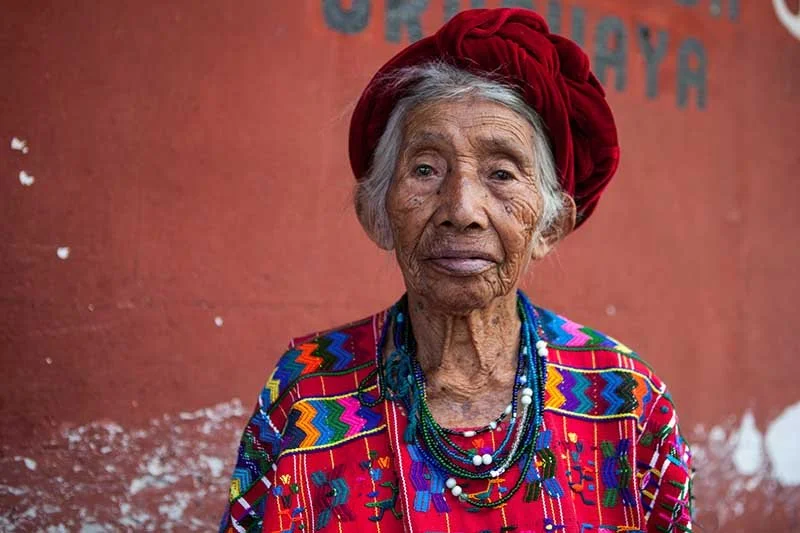Research
The abusive tax practices of multinational corporations are driving pervasive and chronic human rights violations all over the world. The issue of corporate tax abuse has somehow remained largely absent from implementation of the United Nations Guiding Principles on Business and Human Rights (UNGPs), however.
A new film and briefing – Corporate Tax Abuse: the elephant in the room of business and human rights – demonstrates how taxation must be addressed in the implementation of the UNGPs, both by governments and by private sector entities. Through case studies of Ireland and Kenya, both of which have been vocal champions of the Business and Human Rights agenda, the report and film examine how human rights norms and standards should be incorporated into the design and implementation of taxation policies, the negotiation of international taxation agreements and the tax planning strategies of business actors.
This new briefing catalogues the various problematic issues that have emerged through the OECD's leadership of standard-setting in international taxation. These have included failures of inclusivity, failure to address structural racism, shortcomings with regard to accountability and adherence to professional standards, and the manifest inadequacy of its proposed ‘two-pillar solution’. It argues that, in both process and outcome, the OECD has not complied with human rights standards in its leadership of tax negotiations.
This report, Ireland, the ESB and Cerrejón Coal, was produced for Christian Aid Ireland in 2019. It examines the relationship between Ireland’s state energy company the ESB and the Cerrejón mine in Colombia which has been accused of multiple human rights abuses, and assesses whether Ireland is living up to its international human rights commitments, in particular with regard to the UN Guiding Principles on Business and Human Rights.
Prompted by the twin twentieth anniversaries of the Vienna Declaration and CESR’s founding, '20 Years of Economic and Social Rights Advocacy’ takes stock of the progress made in recognizing, defending and realizing these rights over the previous two decades. This major report, which I both edited and contributed to, brought CESR’s unique body of expertise together with reflections from many of the human rights movement’s most respected figures, including Mary Robinson, Philip Alston, Irene Khan and others. It was accompanied by an audiovisual piece, which I also produced, featuring insights from many of the same figures.
In 2018 I was hired by Coalition 2030, the umbrella organisation of Irish civil society organisations working on the United Nations Sustainable Development Goals (SDGs), to lead in the production of a ‘shadow report’ to be presented at Ireland’s first appearance before the UN High-Level Political Forum on Sustainable Development. The report set a baseline for the ongoing development and advocacy of Coalition 2030 for the years ahead, as it continues its efforts to ensure Ireland takes a lead in ensuring the promise of ‘Agenda 2030’ is fulfilled.
After Ireland’s economy collapsed in 2007, the country’s government responded with a series of austerity budgets that severely undermined economic and social rights. The briefing ‘Mauled by the Celtic Tiger’, which I produced as part of CESR's ongoing work on the human rights impacts of the global economic crisis, explored both the causes and consequences of the recession from a human rights perspective.
Every year the Civicus ‘State of Civil Society’ report provides comprehensive analysis and insights into the key trends affecting civil society organisations (CSOs) and citizen movements around the world. This 2016 chapter contribution - Under the Knife: Human Rights and Inequality in an Age of Austerity - offered an unpacking of how austerity measures implemented around the world in the wake of the financial crisis were undermining the full spectrum of human rights. In the years since, the ill-conceived international push for austerity has, sadly, continued unabated, despite overwhelming evidence of its pernicious impacts






